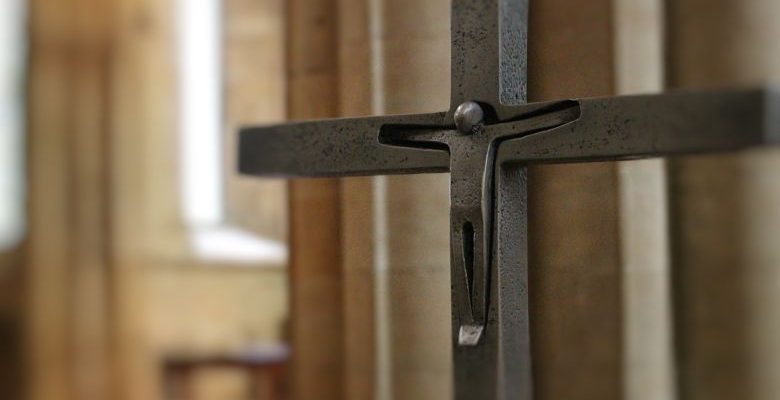The History, Theology and Practice of Congregational Self-Governance in the LCMS In terms of governance and order, the Missouri Synod has throughout its history balanced power between the baptized and the ordained. We have made our decisions at conventions through votes mediated by an equal representation of clergy and laity. These votes were not to be viewed as mandates, but as carefully crafted and thoroughly dialogued advice. In a fun, tongue-in-cheek essay, the Editorial Staff of Congregations Matter has provided another brief history of the LCMS on one issue: Congregational Self-Governance as opposed to the current Synod trend towards hierarchialism. The essay reviews our history, theology, and the unfortunate, current tendency of our Synod to move from prizing the Priesthood of All Believers and Congregational Polity toward a foreign, non-Lutheran emphasis on maintaining and growing the structure itself and fulfilling its needs at the expense of the our “first love”:










